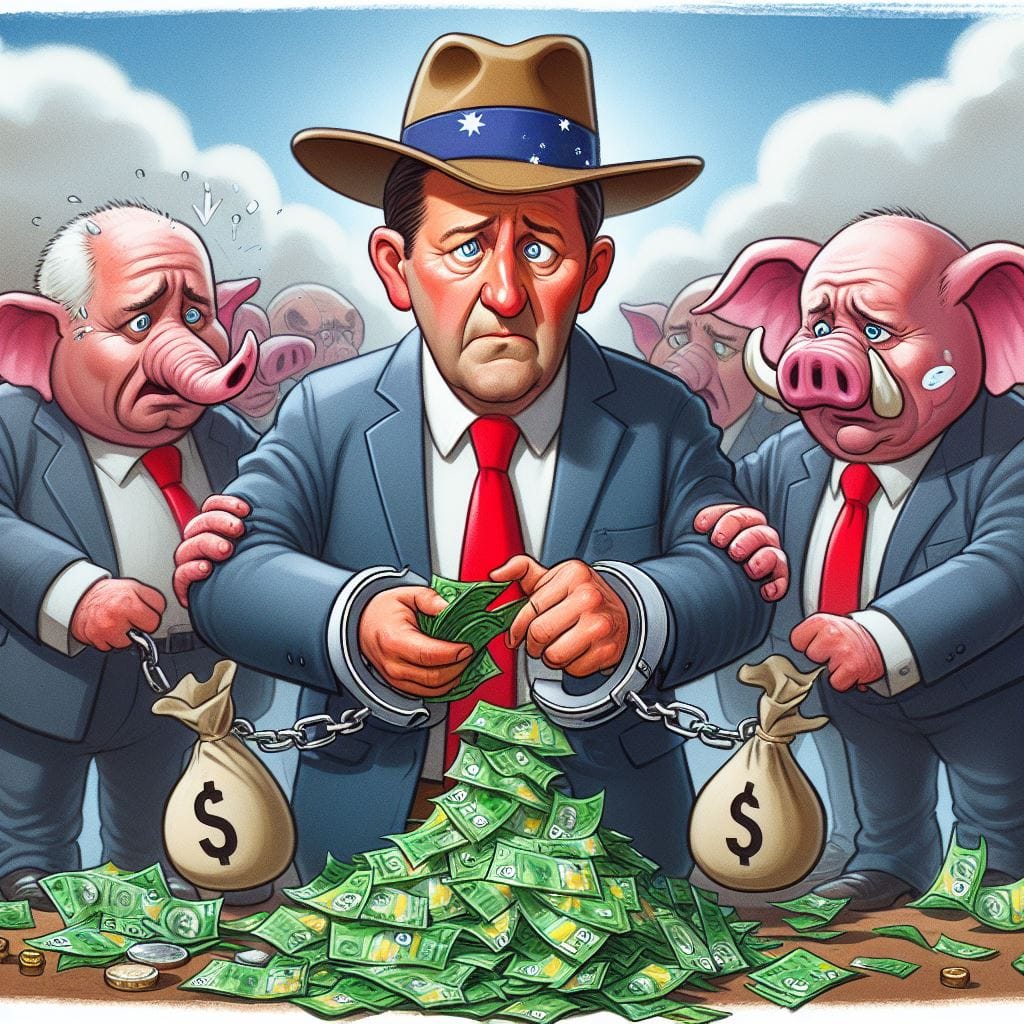It's time for fiscal rules

Oh boy. Another year, another GST carve-up that led to a flurry of complaints from the states that 'lost out'. This time it was the NSW and QLD Labor governments that were the most vocal, with NSW facing a $310 million cut, while QLD lost $469 million. For context, that's a total revenue cut of around 0.25% and 0.55% in 2024-25 for each state, respectively – closer to a Budget rounding error than a major policy decision.
But you wouldn't know that from the cries of anguish that bellowed from the Premiers of those states, Chris Minns and Steven Miles, which were no doubt heard all the way in Canberra. According to Minns:
"It's just not reasonable for me to say to the NSW taxpayers (that we're) either going into further debt, or we're going to tax you more because Western Australia, and Victoria (have demanded) even more of their GST share."
Other than NSW and QLD, no other state "demanded" more of their GST share this year. The distribution is determined by the independent Commonwealth Grants Commission, which weighs the revenue-raising capability and 'needs' of each state under a rather complicated system of horizontal fiscal equalisation.
You can debate the pros and cons of that system but it's broadly the same as the one that has been in place since the introduction of the GST in 2000, notwithstanding the introduction of a 70% (now 75%) floor and 'no worse off guarantee' in 2019-20 (which I'll get to in a bit).
If Minns doesn't want to go "into further debt", he could always spend less. The NSW government is currently taxing more than it has at any time in its history, and expects revenue "to grow at an average annual rate of 3.4 per cent over the four years to 2026-27", which is above its average inflation forecast of just over 3%. Poker machine taxes and toll road revenues are also conveniently excluded from the Commission's calculations, to the benefit of these states.
